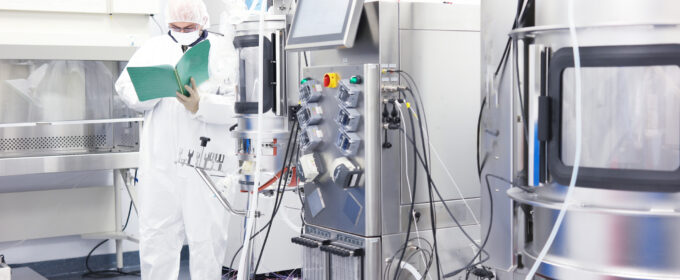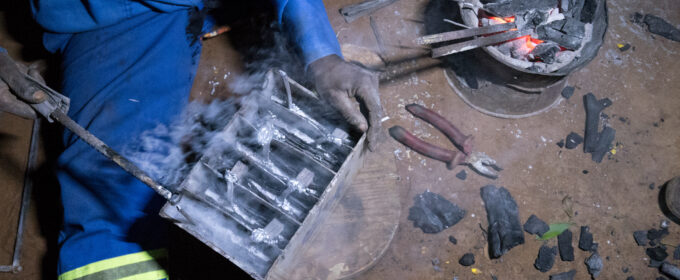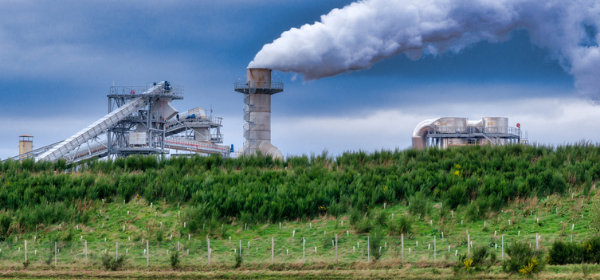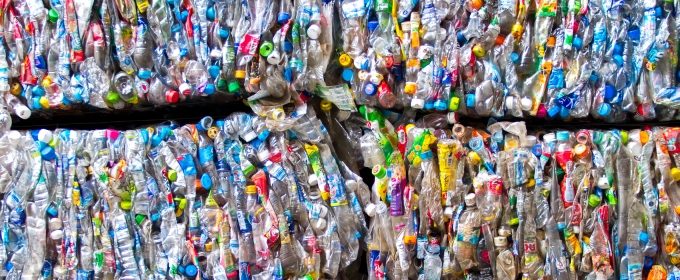From food packaging to washing detergent pouches, flexible plastic packaging is an increasingly common feature of everyday life. This rising use is commonly explained as part of well-meaning moves to lightweight products, shrink carbon footprints, and reduce the overall use of plastics, but despite these intentions, only a small fraction of flexible plastic packaging is […]









